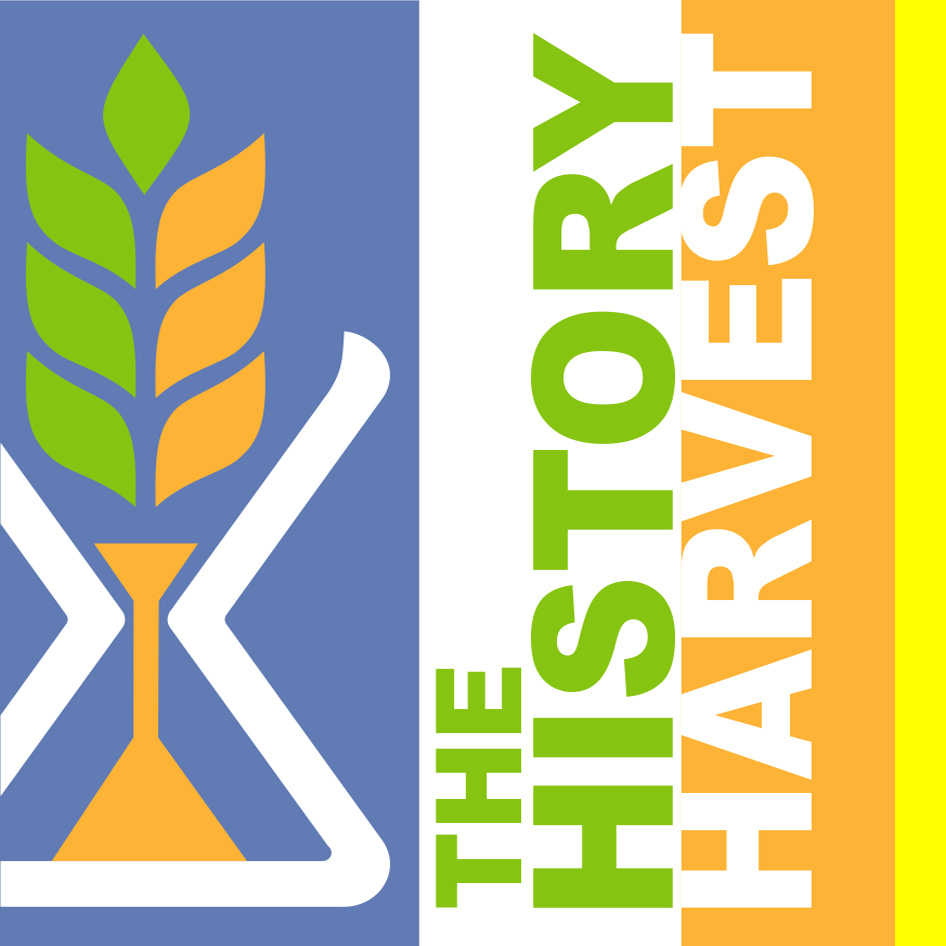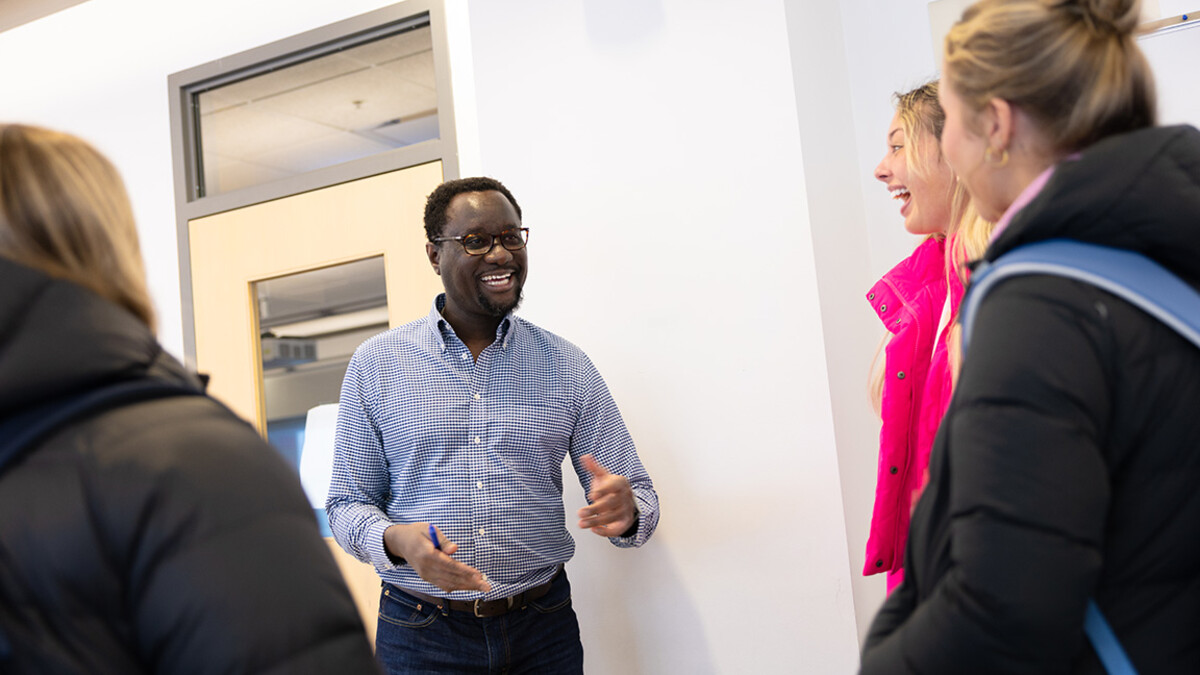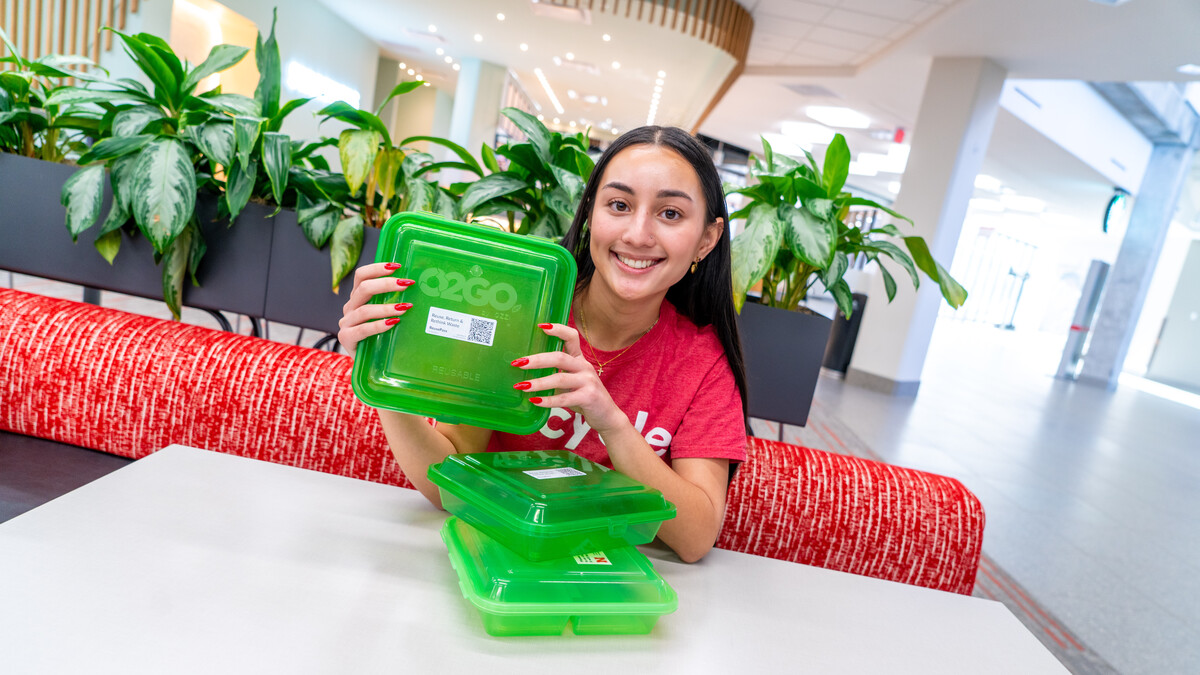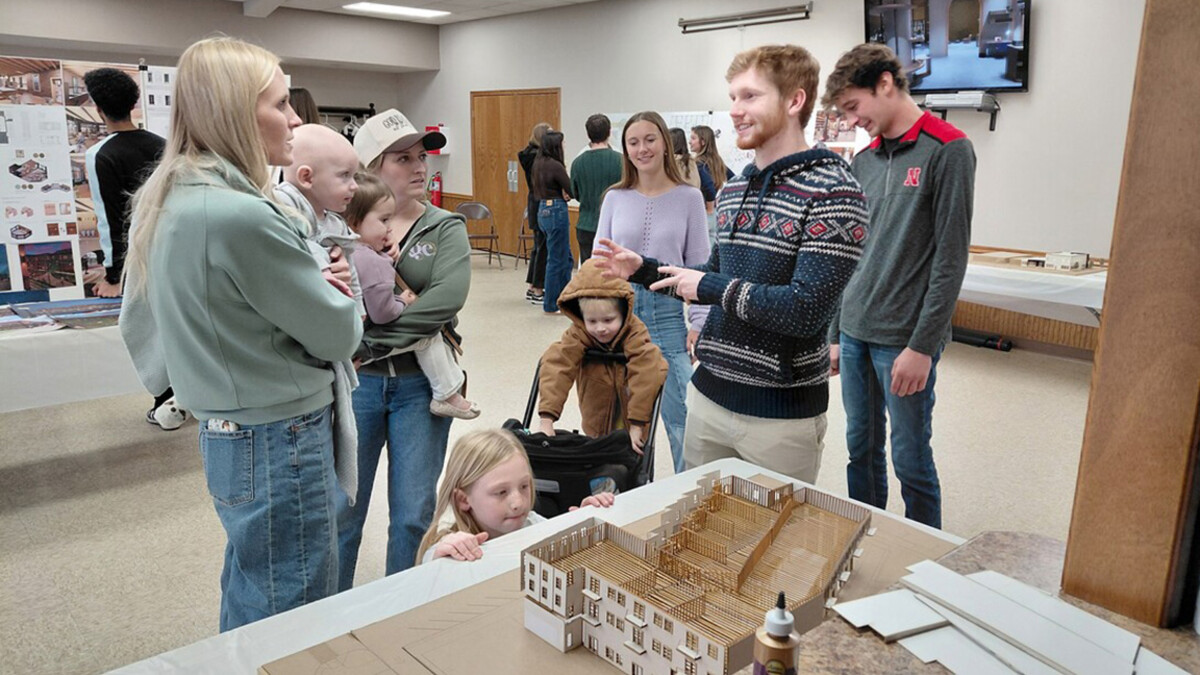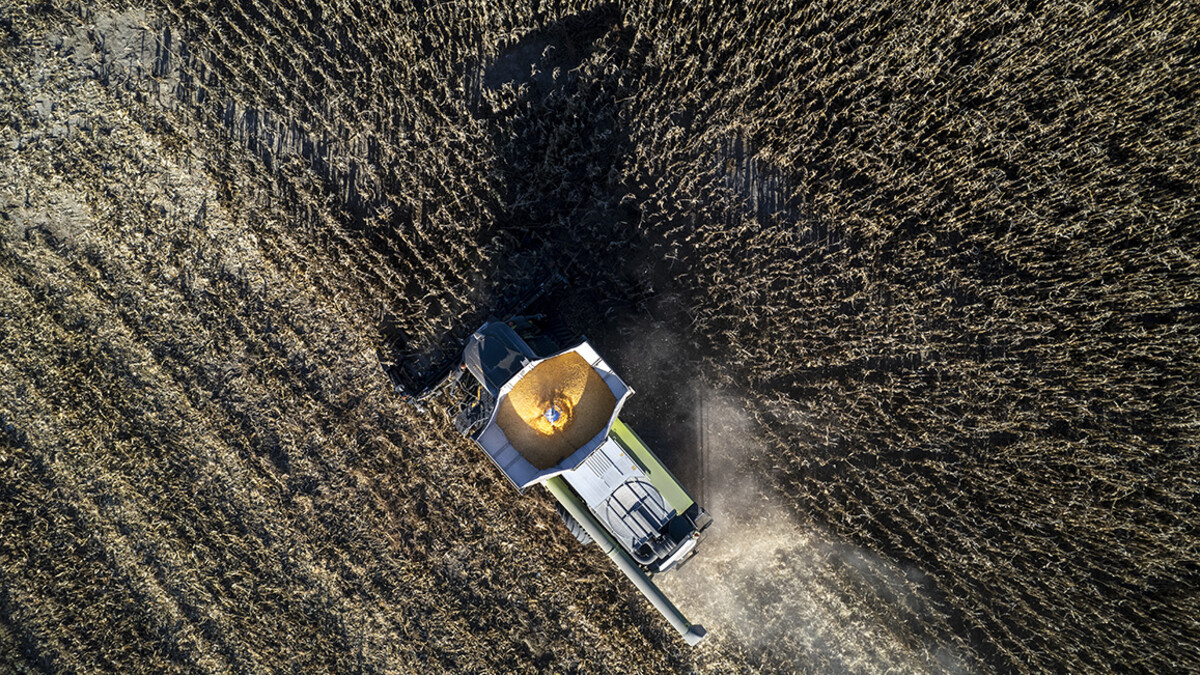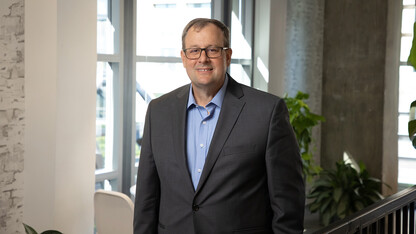
Traveling through Nebraska, it’s typical to see “Vítáme vás” signs on roadsides. The old Czech greeting – “We welcome you” – and its prevalence on the state’s highways and byways is a testament to the vitality and pride of the Czech American population in the state.
University of Nebraska-Lincoln organizers of the 2016 History Harvest hope that famous welcoming spirit will be on display, given that this year, the Harvest’s focus is on Czech history.
History Harvests, which seek to collect familial and community artifacts and living histories from all over the state, have in the past been hosted for different groups, including Germans from Russia and the Lincoln refugee community.
Will Thomas, John and Catherine Angle Professor in the Humanities and chair of the Department of History, and Patrick Jones, associate professor of history and ethnic studies, started History Harvest in 2010. Since then, more than 900 artifacts have been digitized and archived in the database. The project has also been shared with other universities and communities and successful harvests have been held in seven other states. Project manager and UNL graduate student Jake Friefeld, Thomas and Jones recently completed “The History Harvest Handbook,” an open access book on how to teach the History Harvest as a class and conduct the events.
This year’s event is the first History Harvest that will seek out artifacts from the Czech American community. The 2016 Harvest will be 9 a.m. to 1 p.m. April 9 in Wilber, at the Cultural Center at 110 W. Third St.
Friefeld said the free event, which is not an appraisal, is a natural fit for the state and the university.
“UNL has a really strong Czech culture program (the Czech Komensky Club), and the Czech American community here is very active,” he said. “Having it in Wilber, we will have people who are knowledgeable about their history, living where their ancestors originally settled.”
In the 1980s, President Ronald Reagan declared Wilber the “Czech Capital of the United States,” but many Nebraska communities tout and celebrate their Czech heritage. Friefeld said he hopes people from across the state bring their family heirlooms. Undergraduate and graduate students, along with several faculty members, will be on hand to interview participants and digitally archive any artifacts brought in. They will not keep them.
Past harvests have brought such objects as letters, community documents, Army medals and more.
“These are artifacts that maybe we would never see, and it makes it available for K-12 instruction or for historians to study,” Friefeld said. “It really democratizes history, and it’s getting communities more connected to their own history.”
Friefeld said the History Harvest project is invaluable for many reasons – it gathers historical artifacts that may otherwise go unseen and is a chance for Nebraskans to see digital humanities in action and to interact with UNL.
“This project bridges that gap between the public and university, and it is demonstrating digital humanities to the public,” Friefeld said.
